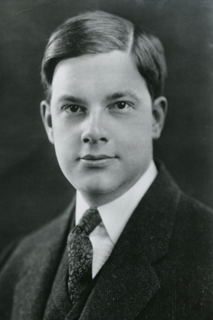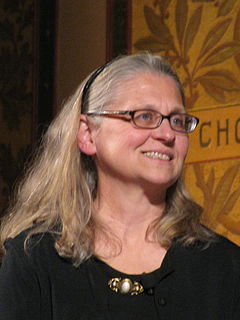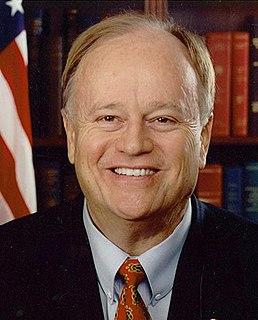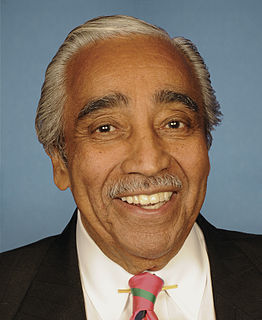A Quote by Phil Klay
There's a tradition in war writing that the veteran goes over and sees the truth of war and comes back. And I'm skeptical of that.
Related Quotes
It was Harry Patch, who was the last living World War I veteran; and by veteran I mean someone who actually fought in the war, he didn't just happen to be in the army at that time, in the Great War. And when the Iraq War started, he was interviewed, and they said, well what do you think of this? And he said, in a very sad voice, "Well, that's why my mates died. We thought we were going to end all that sort of thing."
The kid who didn't go back when he should have and now goes back when he shouldn't. The kid called Zombie, who made a promise, and if he breaks that promise, the war is over - not the big war, but the war that matters, the one in the battlefield of his heart. Because promises matter. They matter now more than ever.
At present, I am a poet trying to be a soldier. To tell the truth, I am not interested in writing nowadays, except in so far as writing is the expression of something beautiful ... The only sort of book I care to write about the war is the sort people will read after the war is over - a century after it is over.
When I grew up, in Taiwan, the Korean War was seen as a good war, where America protected Asia. It was sort of an extension of World War II. And it was, of course, the peak of the Cold War. People in Taiwan were generally proAmerican. The Korean War made Japan. And then the Vietnam War made Taiwan. There is some truth to that.






































